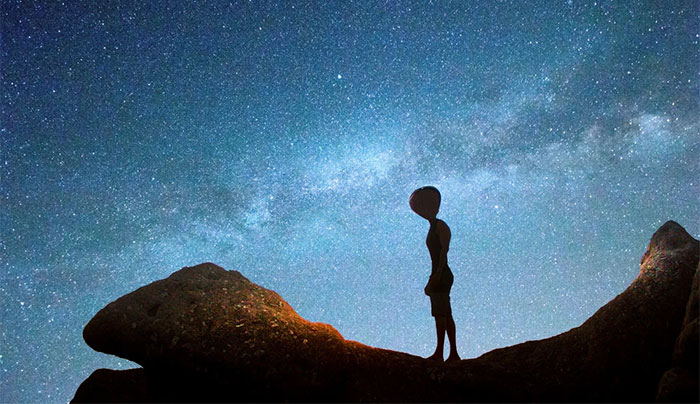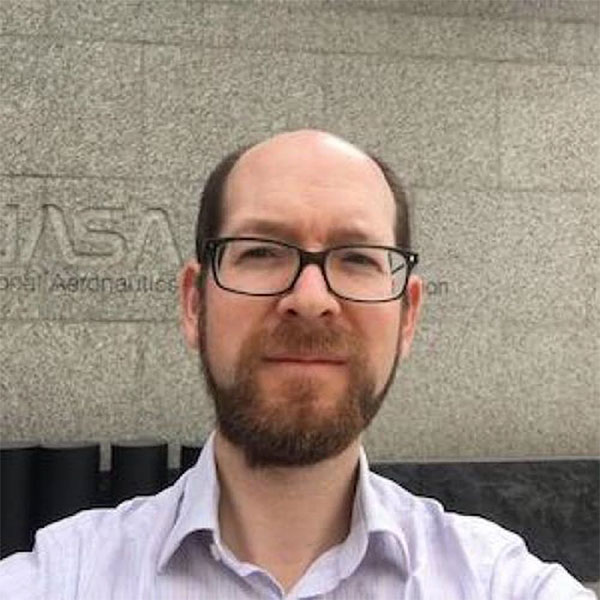NASA Invites 24 Theologians to Study Human Reactions to the Discovery of Extraterrestrial Life
If extraterrestrial beings are indeed living on other planets, how would humans on Earth react?
This is the question that the U.S. space agency NASA hopes the theologians at the Center for Theological Inquiry (CTI) in Princeton, New Jersey, can answer. Additionally, NASA is interested in exploring how the discovery of extraterrestrial life might influence human concepts of deities and creation.

Are extraterrestrial beings really living on Earth?
CTI serves as a bridge bringing together theologians, scientists, and policymakers to collaborate on and explore global concerns.
The program began in 2016, aiming to address questions that have puzzled humanity, such as: What is life beyond Earth? How does it exist? Where is the line between humans and extraterrestrials?…
Andrew Davison, a religious studies scholar at the University of Cambridge and a biochemist with a doctorate from Oxford, is one of the 24 theologians invited by NASA to participate in the project. Davison believes we are getting closer to discovering life on other planets.
He noted that theology and astrobiology have become quite popular topics through specific studies conducted over the years.
Research from the CTI expert group indicates a connection between belief in extraterrestrial intelligence and religion. Those who seek meaning in extraterrestrial life often do not adhere to any specific religion.

Researcher Andrew Davison.
“The discovery of extraterrestrial life could come in the next few decades, or it may happen in centuries to come, or it may never happen, but it is certainly beneficial for us to think ahead about how that information might impact current humanity,” Andrew Davison stated.
Currently, NASA has two rovers on Mars, several probes orbiting Jupiter and Saturn, and the massive James Webb Space Telescope searching for extraterrestrial life. NASA hopes they are on the right track to exploring the universe and seeking life on other planets.
However, not all theologians share the belief in life on other planets.
When asked whether he believes in the existence of extraterrestrials, Albert Mohler, president of the Southern Baptist Theological Seminary, responded that it is merely speculation and he does not believe in it.
According to NASA, when the James Webb Space Telescope becomes operational, the research data could change how humans observe the universe. It is described as a time machine that helps illuminate the secrets of the cosmos.
The objective of this powerful device is to clarify mysteries surrounding supermassive black holes, distant alien worlds, stellar explosions, dark matter, and much more.


















































